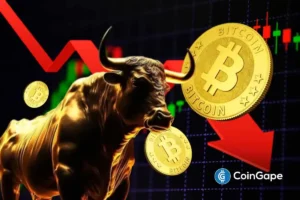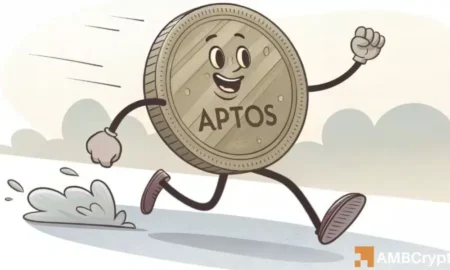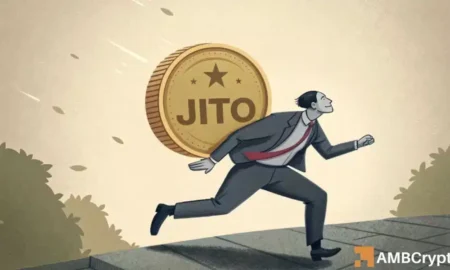Hong Kong’s Regulatory Vision for Digital Assets: A Comprehensive Overview
Hong Kong’s government has recently introduced its second key policy statement regarding digital assets, emphasizing its ambition to establish the region as a global hub for the burgeoning industry. This latest initiative focuses on creating a regulatory framework that prioritizes risk management and investor protection. The proposed regulations will be managed by the Securities and Futures Commission (SFC) and will encompass custodians, digital asset service providers, exchanges, and stablecoins, where public consultations on licensing frameworks are expected to commence soon.
Over the past few years, Hong Kong has taken significant steps to solidify its position within the digital asset sphere. This new policy statement builds on an initial 2022 announcement that expressed readiness to collaborate with industry participants. In December of last year, the government granted licenses to four cryptocurrency exchanges and passed legislation enabling the licensing of stablecoin issuers from August 1 onwards, further demonstrating its commitment to this emerging sector.
The Financial Services and the Treasury Bureau (FSTB), along with the Hong Kong Monetary Authority, will also assess the legal regulatory landscape pertaining to the tokenization of real-world assets (RWAs) and financial instruments. This review will include considerations for tokenized bond issuances and transactions. According to Financial Secretary Paul Chan, the government is keen on exploring practical applications of tokenization and diversifying its use cases, showcasing Hong Kong’s ambitious intent to lead in innovation within the digital asset realm.
Globally, the tokenization of RWAs has surged dramatically, witnessing a staggering 380% growth over just three years, with valuations reaching $24 billion this month, according to a report from RedStone, Gauntlet, and RWA.xyz. In alignment with these trends, the Hong Kong government intends to regularize the issuance of tokenized government bonds and stimulate further innovation in RWA tokenization to enhance liquidity and accessibility. By clarifying stamp duty treatment for tokenized exchange-traded funds (ETFs), the government aims to foster secondary market trading on licensed platforms.
In light of growing global interest, various countries—including the U.K., U.S., South Korea, and Pakistan—are establishing frameworks to regulate their crypto sectors. Notably, the European Union’s Markets in Crypto Assets (MiCA) legislation was published in 2023, underscoring the urgency for a cohesive regulatory approach across jurisdictions. As Hong Kong steps into this arena with robust regulatory measures, it positions itself as a prominent player in attracting new investments and fostering innovation in the digital economy.
In summary, Hong Kong’s latest policy framework seeks to balance innovation with necessary safeguards in the evolving digital asset landscape. With its proactive approach, the region aims to build a transparent, secure, and appealing ecosystem for digital finance participants. As the global financial landscape pivots to incorporate cryptocurrency and related technologies, Hong Kong’s initiatives present a clear statement of intent for leading regulatory practices and technological advancements in digital assets.

















